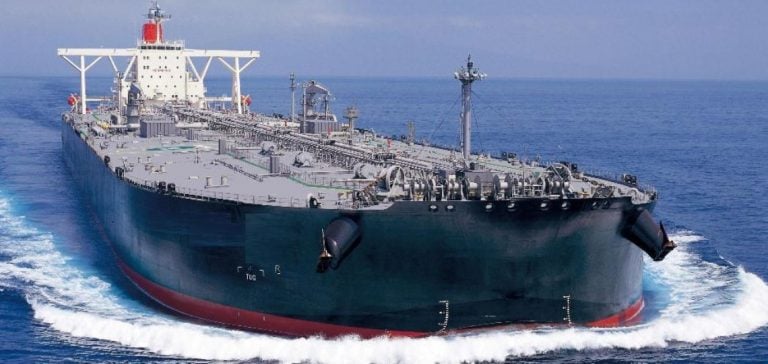Rates for Very Large Crude Carriers (VLCCs) from the Gulf of Mexico have shown a slight recovery since August 2024, after reaching historically low levels.
In September, the rate for a VLCC bound for the Mediterranean was $3.05 million, compared with $2.3 million in August.
This improvement remains moderate and does not fully offset the decline recorded since the end of 2023.
The crude shipping market, particularly on transatlantic routes, is affected by an abundant supply of vessels and uncertain global demand for US crude. Demand for VLCCs had been falling throughout 2023 due to the volatility of global oil markets, exacerbated by increased competition from new exporters.
Moreover, freight rates for mid-sized tankers, such as Suezmaxes and Aframaxes, also followed this downward trend, recording historically low levels over the same period.
A tense global market
The global crude oil transport market is marked by fluctuating demand, particularly in Asia, which remains a crucial factor in the evolution of VLCC tariffs.
In 2024, Chinese crude imports show a slow recovery from the pandemic, with levels below initial forecasts.
In August and September, crude exports from the Louisiana Offshore Terminal (LOOP) fell to less than 100,000 barrels per day (b/d), compared with peaks of 200,000 to 300,000 b/d earlier in the year.
The fall in Chinese demand is having a direct impact on the rates charged by VLCCs, which mainly transport crude oil to Asian markets.
However, some analysts anticipate an upturn in demand towards the end of the year, driven by seasonality and preparations for major events such as China’s National Day.
This could boost prices in the short term, but long-term uncertainties remain.
Oil fleet overcapacity
The surplus of ships on the international market continues to weigh heavily on freight rates.
VLCCs are not the only ones affected by this situation.
Aframaxes and Suezmaxes tankers are also seeing a drop in bookings in 2024 compared with 2023.
According to Commodity Insights data, the number of VLCCs booked for transatlantic routes from the Gulf of Mexico in September 2024 is three, compared with nine the previous year.
This trend shows a general decline in tanker bookings on this strategic route.
At the same time, US crude exports remain relatively stable, hovering around 4 million barrels per day (b/d).
However, export capacity in the Gulf of Mexico, which can reach 6 million b/d, is not being fully exploited due to weak demand from European and Asian markets, combined with high vessel availability.
Pressure on transatlantic tariffs
The transatlantic route from the Gulf of Mexico to Europe is showing signs of recovery, but rates remain under pressure.
Indeed, freight rates for VLCC tankers bound for Europe, after dropping to levels as low as September 2023, are on the rise again.
However, this increase is not enough to compensate for the structural weakness of the market.
Uncertainty surrounding global demand, particularly in Europe and Asia, keeps up the pressure on rates for VLCCs and other tanker classes.
In addition, the slow post-pandemic economic recovery in Asia, combined with geopolitical tensions, is weighing on crude oil demand projections for the months ahead.
Uncertain outlook for 2025
The oil market situation in 2025 remains unclear.
Chinese demand for crude oil, which plays a decisive role in oil price trends, could still disappoint forecasts, especially if economic recovery proves slower than expected.
In addition, the emergence of new export players, such as Canada, could intensify competition on Asian and transatlantic markets.
Analysts agree that VLCC tariffs are likely to remain volatile as long as the uncertainties surrounding global crude demand remain unresolved.
The evolution of tariffs will also depend on external factors, such as the energy policies of major importing economies and geopolitical conditions affecting major shipping routes.






















